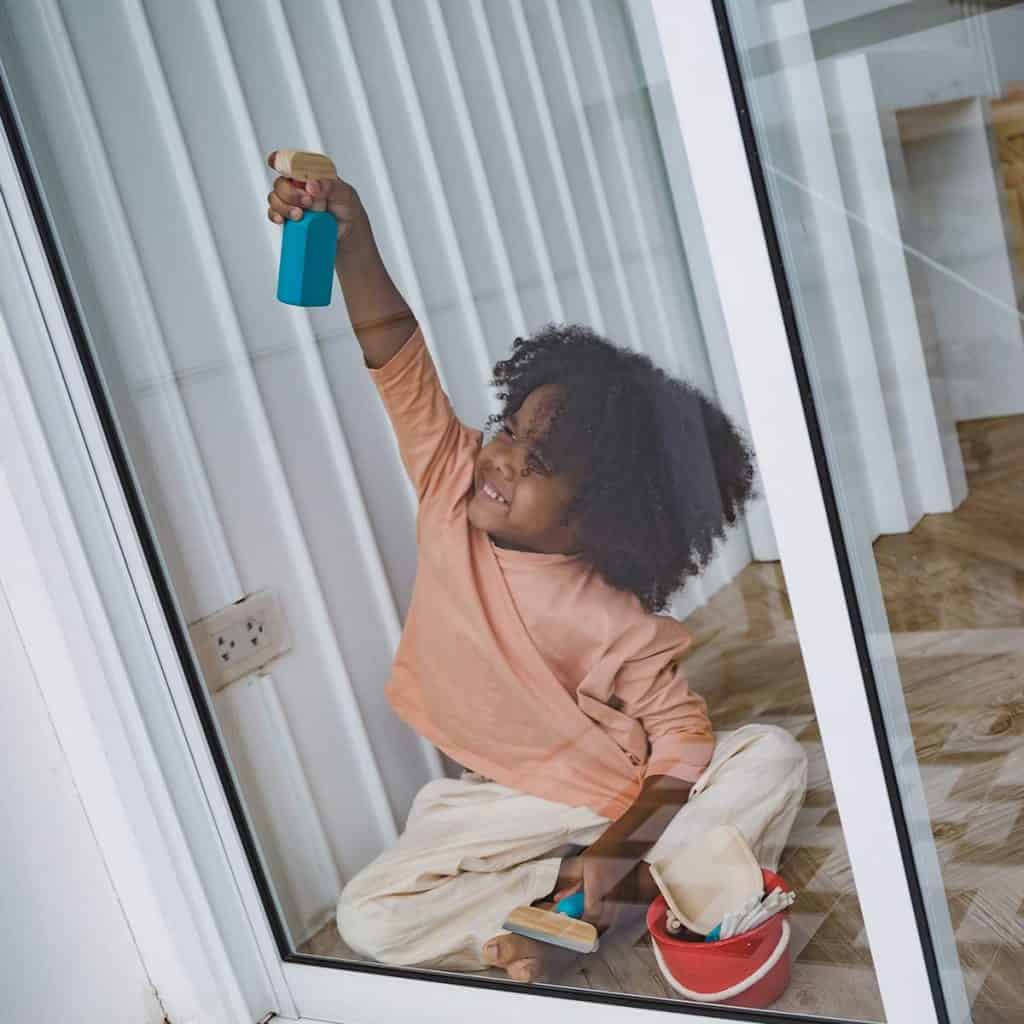How Do Toy-Renting Services Work
The concept of toy rental services is now becoming popular for parents who feel like there aren’t enough toys around the house that their child enjoys playing with when in fact, there are just too many toys. Child experts often warn parents of the disadvantages of children owning too many toys - there is a tendency for them to be distracted easily and become less creative. This puts parents in a dilemma - as much as they want their child to learn more, it often leads to toy consumerism.
Toy rental services offer a solution to this dilemma. Renting introduces a novel approach to toy ownership while helping the parents to find the balance between having fewer toys for their children and making sure that they learn more.
How does it work
Toy rental services kind of work like libraries or video-on-demand subscriptions like Netflix. Companies that offer toy rentals and let their members choose monthly plans that suit their needs, where they can choose to subscribe for a year or even just for a month. There is a wide catalog of toys from different brands from fun to educational - that the parents can choose from. The companies, of course, make sure that their toys are delivered in good condition and are safe for toddlers and children to enjoy as much as they want.
Why toy rental is great
The huge advantage of toy renting over just owning too many toys is that parents can save money while their kids are exposed to a wider variety of toys. It also creates a toy share experience for the children that helps in their creative learning process. It is more convenient as toy rental services are available online. Toy renting also helps in reducing the space needed for toys in your home.
Want to try toy-renting services? Join the KIDDOS Toys Club! There are available plans that suit your needs!
